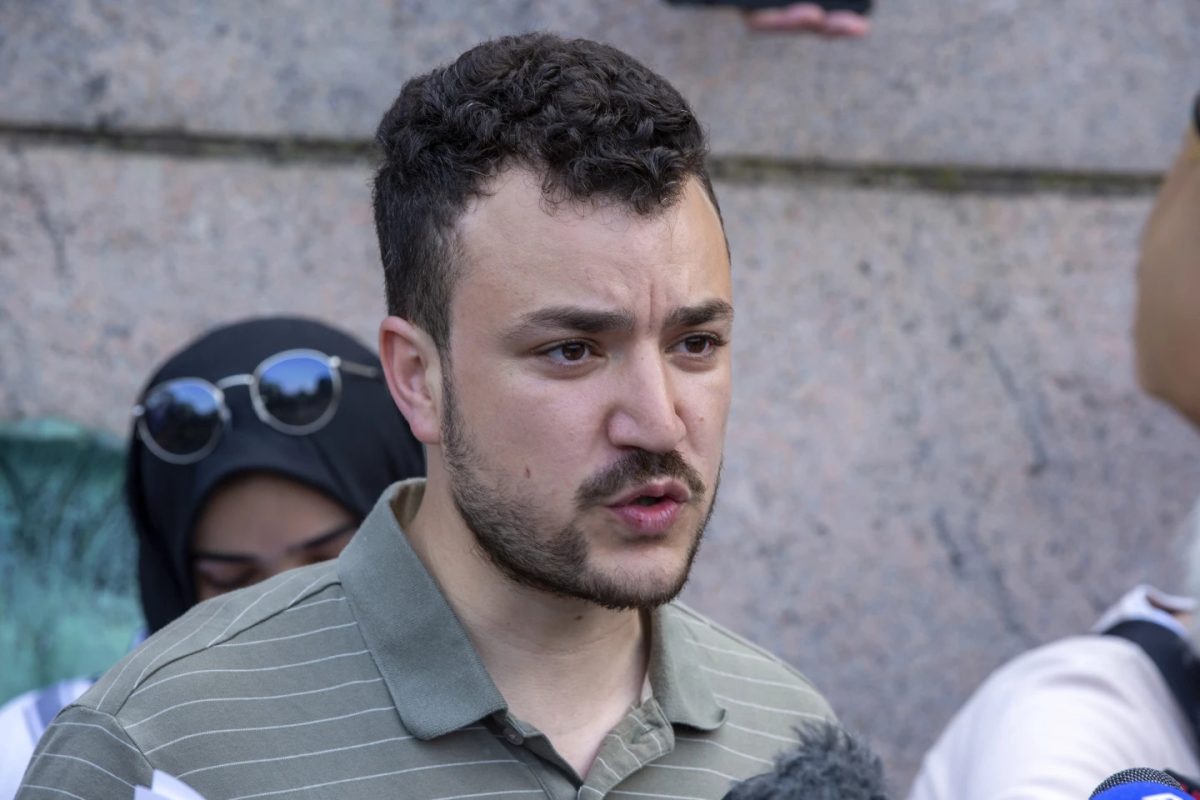Over one quarter of Baton Rouge citizens live in poverty — 14.7% more than the national average.
The Rev. Dr. Martin Luther King, Jr said, “the solution to poverty is to abolish it directly by a now widely discussed measure: the guaranteed income.”
This guaranteed income — or Universal Basic Income (UBI), as it’s widely referred to today — would be a direct, unconditional and regular cash payment issued to all members of a constituency by their government.
The notion of a UBI has recently gained attention in Louisiana. Mayor Adrian Perkins, who is running for the U.S. Senate, is launching a $3 million UBI pilot program in Shreveport. Another Senate candidate, Baton Rouge resident Antoine Pierce, has been advocating for UBI since his school days.
Eradicating poverty in Baton Rouge and other U.S. cities and towns is not an overly-ambitious goal, but simply one that requires us to question what we value as a society.
The United States has more wealth than any other country on the planet. 40% of it belongs to only 1% of the national population.
Artificial intelligence and automation threaten the livelihood of 25% of all American workers. This trend has only been exacerbated by the pandemic, which, according to the Bureau of Labor Statistics, has brought permanent job loss to a devastating 3.8 million.
Meanwhile, the North Atlantic Free Trade Agreement (NAFTA) has cost workers almost a million jobs as corporations pocket hefty profits from outsourcing to other countries.
The American economy does not value regular working people but rather those with enough money to write their own rules. UBI would create an economy that emphasizes what really matters: our communities, families and wellbeing.
20.7% of children in Baton Rouge face food insecurity. Of those, one-third are likely to be ineligible for government nutrition programs, according to an analysis by Feeding America. With a high school graduation rate of 85.4%, Baton Rouge lags slightly behind the rest of the country, and there are large racial disparities in educational attainment.
Unsurprisingly, it turns out increasing household income leads to better outcomes for the children of poor and working-class families. When parents have more money to spend on necessities, children tend to be healthier and perform better in school.
UBI also secures a better future for those children as they become adults.
At the time of a 2015 report by FUTUREBR, 33,007 Baton Rouge residents worked in manufacturing, 51,019 worked in retail and another 38,018 worked in customer/food services.
This type of work is becoming increasingly vulnerable to the effects of automation. As technology advances, many of these jobs will disappear forever, leaving thousands to search for work that does not exist.
Before automation eliminates the necessity of that work, the U.S. government must establish some mechanism to recognize and recompense the inherent value of every person regardless of the market value of their labor.
With the onset of the automation revolution, UBI will soon become a necessity for tens of thousands of people living in Baton Rouge.
The homelessness epidemic is another problem that would be aided by UBI. A trial in Canada yielded “beautifully surprising” outcomes for the homeless there, increasing financial stability and decreasing substance use. Hundreds of people are without housing in Baton Rouge today.
Having more cash also empowers people in ways that aren’t immediately obvious.
Greater economic freedom would allow people to leave unsatisfactory jobs with less apprehension, exit abusive relationships free of the chains of financial dependency, start businesses or pursue passion projects and spend less time working and more time enjoying their life in general.
That makes for a brighter country—and a brighter Baton Rouge.
Make no mistake: UBI is not the solution to all of the problems in Baton Rouge, but a necessary and important foundation to start.
No one should be living in poverty in the richest country in the world. It’s time to stop prioritizing GDP and focus on what actually matters for the American economy: the workers.
Claire Sullivan is an 18-year-old coastal environmental science freshman from Southbury, CT
Opinion: With Universal Basic Income, a ‘brighter Baton Rouge’
October 12, 2020
Riverfront Plaza Fountain streams downward on Tuesday, Sept. 29, 2020 inn Downtown Baton Rouge.
More to Discover






